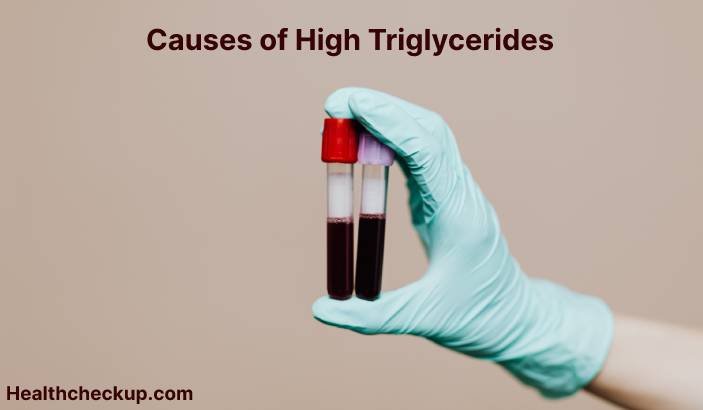Streptococcus pneumoniae, also known as pneumococcus, is a bacterium that can cause a range of infections, including pneumonia, meningitis, and sepsis. Pneumococcus is transmitted through respiratory secretions, such as saliva and mucus, from infected individuals, and it can be spread through close contact, such as sneezing or coughing on someone or touching a surface or object contaminated with the bacteria and then touching your face.
Symptoms of pneumococcal infection may vary depending on the type of infection, but they may include:
- Fever
- Cough
- Shortness of breath
- Chest pain
- Headache
- Stiff neck
- Rash
- Nausea and vomiting
- Diarrhea
Pneumococcal infections can be serious and even life-threatening, particularly in older adults, young children, and individuals with certain underlying health conditions.
Diagnosis of pneumococcal infection is typically based on the presence of symptoms and a laboratory test to confirm the presence of the bacteria.
Treatment of pneumococcal infection typically involves antibiotics to kill the bacteria. It is important to complete the full course of treatment as prescribed to ensure that the infection is fully eradicated. In severe cases, hospitalization may be necessary to provide supportive care, such as oxygen therapy and fluids.
Pneumococcal infections can be prevented through vaccination with the pneumococcal vaccine. The pneumococcal vaccine is recommended for certain groups of individuals, including older adults, young children, and individuals with certain underlying health conditions. It is also important to practice good hygiene, such as washing your hands frequently and covering your mouth and nose when you cough or sneeze, to help prevent the spread of the disease. If you are experiencing symptoms of a pneumococcal infection or have been exposed to infected individuals, it is important to seek medical attention as soon as possible. Follow the recommendations of your healthcare provider and public health officials to help protect yourself and others from pneumococcal infection.








